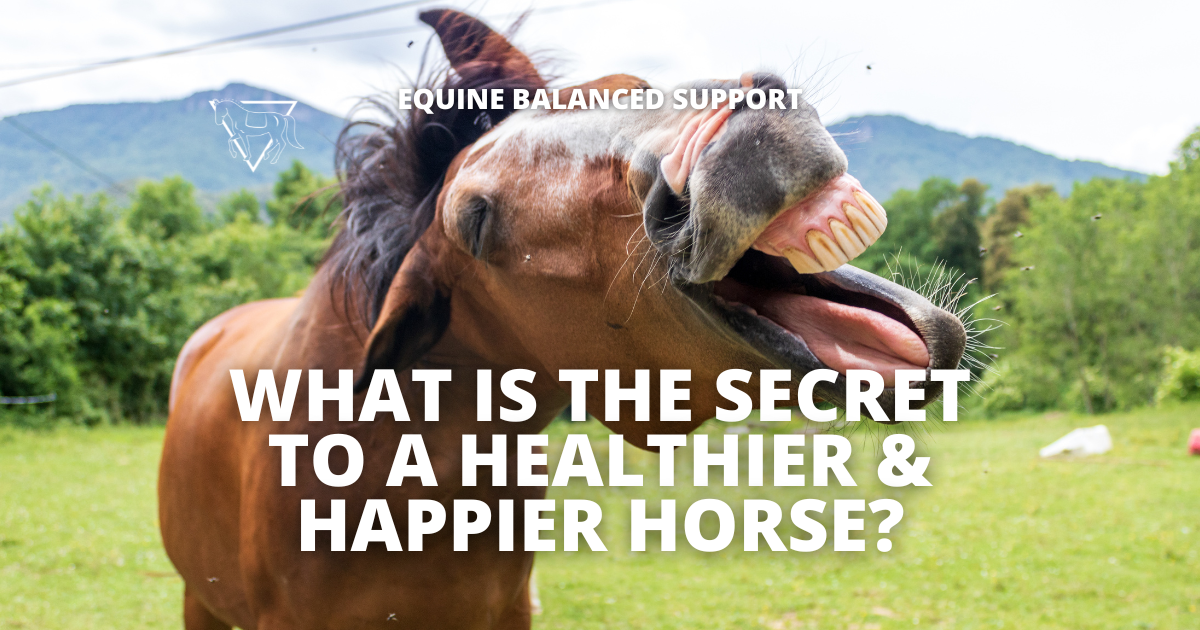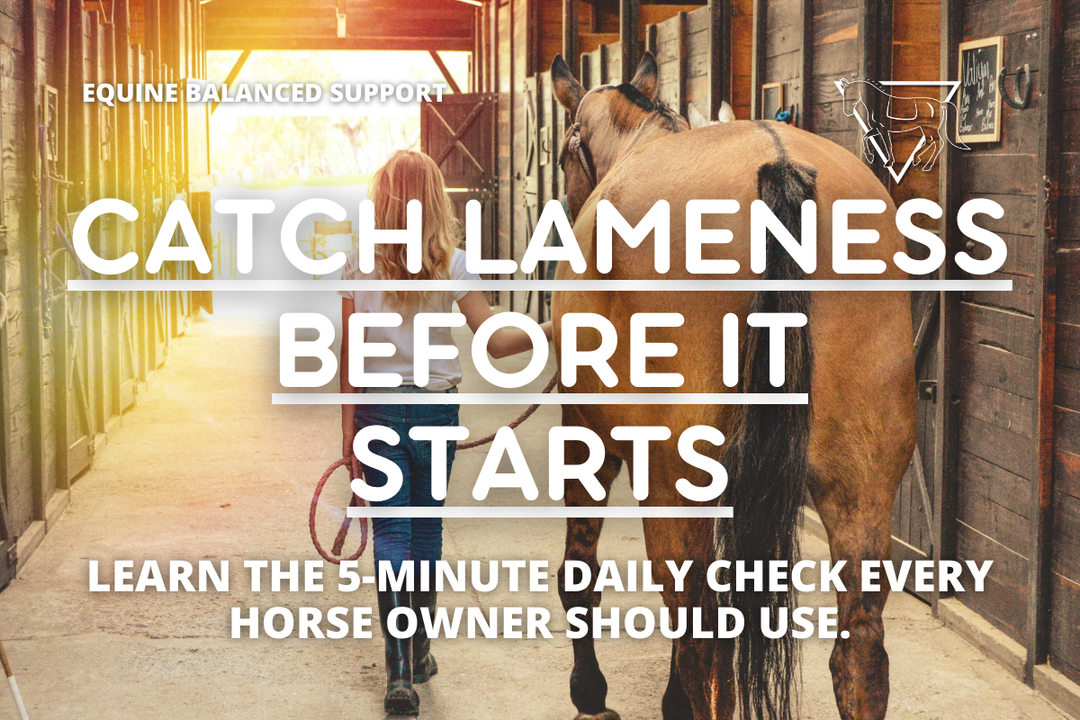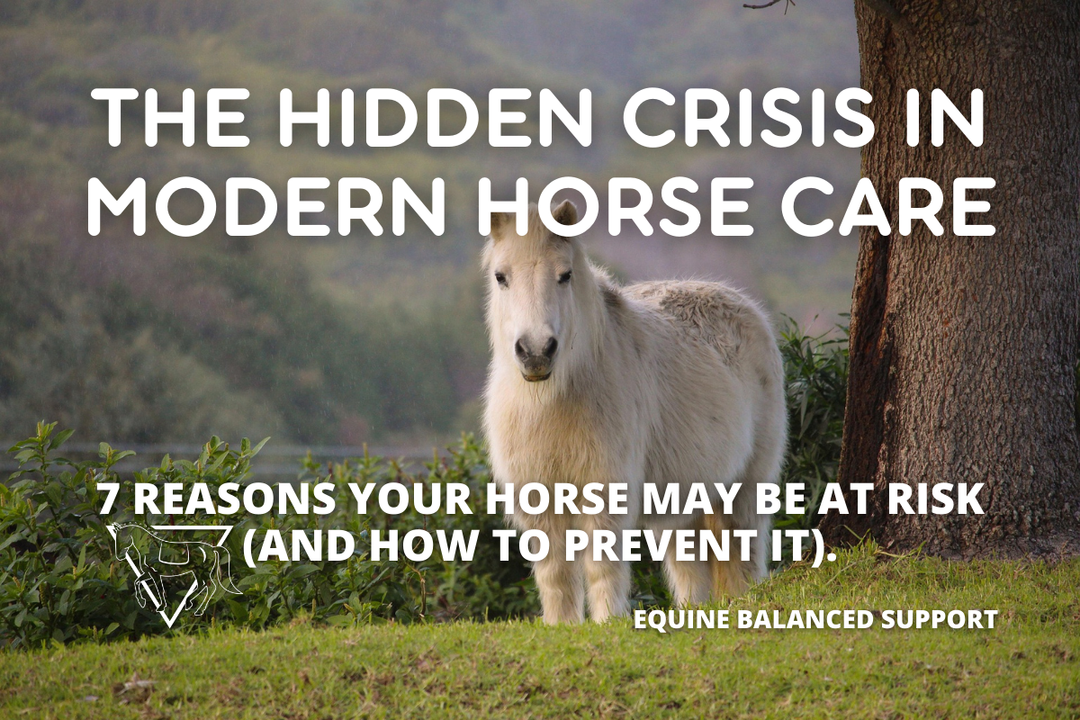The Secret to a Happier Horse: How a Balanced Diet Enhances Equine Health

Discover How a Balanced Diet Leads to a Happier, Healthier Horse
Are you ready to take the first step to enhance your horse's overall well-being? It all starts with what's in their feed bucket. Like humans, a horse's diet is crucial to their health, energy, and happiness. A common mistake in horse nutrition is overfeeding concentrates or not providing enough forage, leading to health issues and reduced performance. With a comprehensive understanding of these potential pitfalls, you can ensure your horse's diet is balanced and optimized for its needs.
Whether your horse is a competitive athlete or a leisure companion, what they eat impacts everything from their coat's shine to their performance and mood. Are you curious about what a balanced diet looks like for your horse? Let's find out!
How Does a Balanced Diet Affect My Horse?
A balanced diet gives your horse the nutrients they need to stay healthy and energized. It supports:
- Healthy digestion: Proper nutrition keeps your horse's gut in check, preventing issues like colic or bloating.
- Sustained energy: A properly fed horse has the energy to work, play, and perform at their best without fatigue.
- Robust immune system: Like us, horses rely on a healthy diet to avoid illnesses and infections.
- Overall body condition: The right food enhances their appearance and physical ability, from a shiny coat to powerful muscles and hooves.
What Are the Essentials of a Horse's Balanced Diet?
Here are the building blocks for a balanced diet:
Forage First
Forage, like hay or pasture grass, should comprise most of your horse's diet. It provides nutrients and the fiber needed for proper digestion. Choose high-quality forage, such as Timothy hay or fresh, green pasture grass, free from mold or dust, to keep your horse's gut happy and healthy.
Concentrates for Extra Energy
If your horse is in heavy work or needs extra energy or calories, adding concentrates to their diet may be the answer. Look for feeds that match your horse's activity level and dietary needs. Keep an eye on portions—too much grain can lead to digestive issues or weight gain.
Vitamins and Minerals
A well-rounded vitamin and mineral supplement can help fill nutritional gaps, especially for horses that don't have access to fresh pasture. Horses who eat soaked hay will also need supplementation to meet their vitamin and mineral needs. Essential minerals like calcium, phosphorus, and magnesium strengthen bones and muscles, while vitamins help with immune function and overall vitality.
Water, Water, Water!
Hydration is not just important; it's critical for your horse's health. Provide constant access to fresh water, especially in hot weather or after exercise. Filling buckets with warm water in the cold winter months can help encourage horses to drink more.
Fats for Shiny Coats and Extra Energy
Adding a bit of fat to your horse's diet, like flaxseed or wheat germ oil, can give them a shiny coat and provide a concentrated energy source without spiking sugar levels.
How Do I Create the Perfect Feeding Routine?
- Consistency is key: Horses thrive on routine, and regular feeding intervals support mental well-being and digestive health.
- Small, frequent meals: Horses are natural grazers. Small, frequent meals mimic their natural eating habits and support their digestion.
- Monitor weight and condition: Regularly check your horse's weight and body condition and adjust their diet based on activity levels, age, and health status.
Conclusion
Feeding your horse a balanced diet is the secret to keeping them happy, healthy, and energetic. Start by focusing on high-quality forage and adding the correct concentrates, vitamins, and water. Get these basics right and set your horse up for long-term health and well-being.
Are you curious about what a balanced diet looks like for your horse? Let's explore the must-haves for optimal health. Contact us for a personal consultation!





Leave a comment